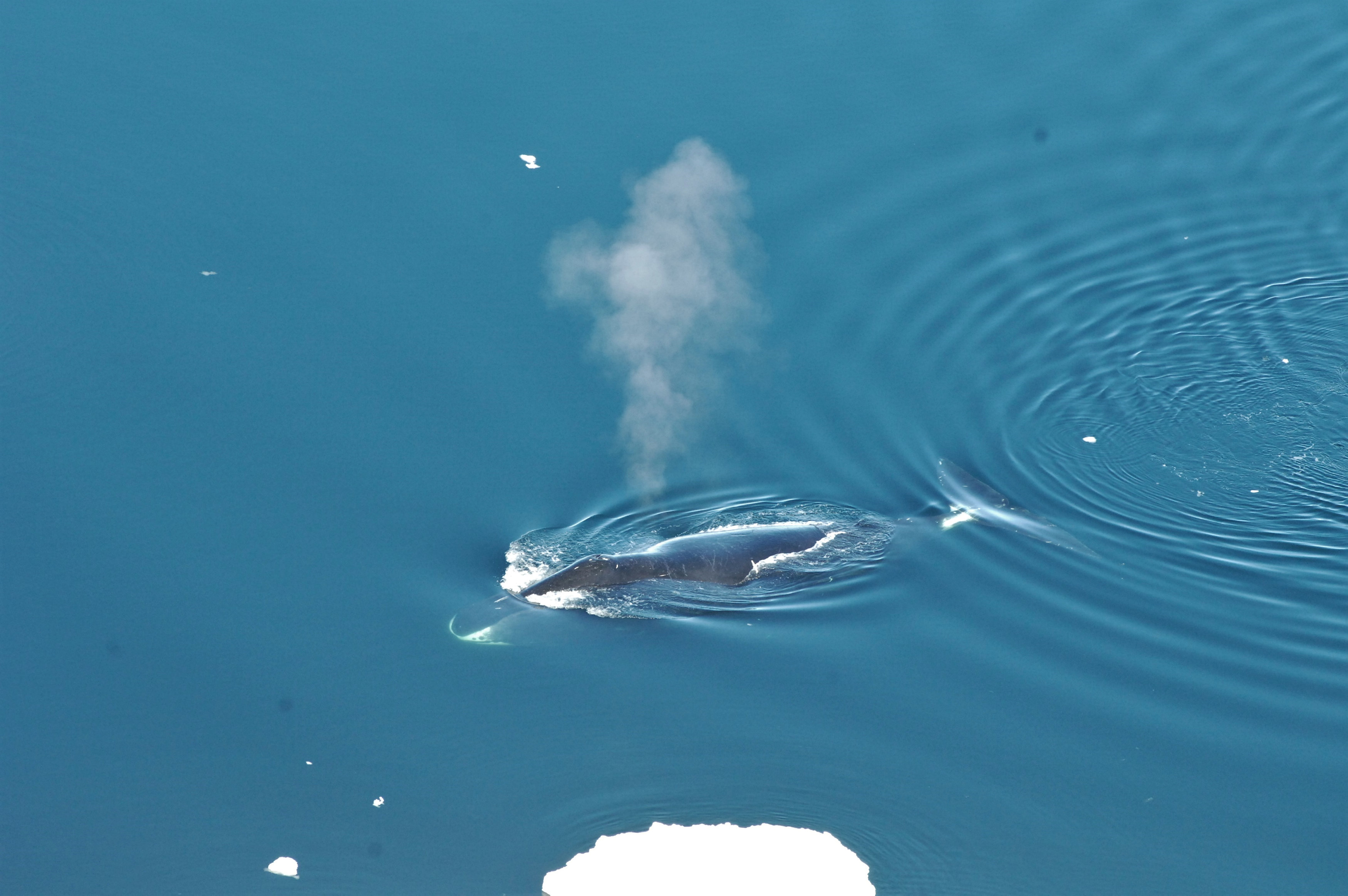Set speed limit on Arctic shipping to cut underwater noise, study recommends
Slower speeds could make life easier for marine animals by reducing the amount of background noise they encounter.

As sea ice in the Arctic recedes, the region is increasingly touted as a shorter route for shippers, reducing sailing distances between Europe and Asia by as much as 40 percent.
However new research recommends against drawing the full benefit of the route by suggesting that sailing speeds should be limited to 15 knots, much slower than the typical 25 knots ships currently travel. By travelling more slowly, ships would make less noise, reducing the impact they have on marine animals that rely on naturally produced sound for a range of purposes, from hunting and avoiding predators to reproducing.
Previous research has warned about the unknown consequences of increased Arctic shipping on wildlife, but studies have shown that the phenomenon known as acoustic masking is increasingly a threat to marine life in throughout the world’s oceans.
[More Arctic ship traffic could affect the region’s marine mammals]
The recommendation that a speed limit be set on cruise and container ships sailing Arctic routes is based on a studies involving recordings of these these types of vessels as they passed through the western Canadian Arctic via the Northwest Passage and then using a computer model to determine how the sounds affected the ability of Arctic cod, beluga and bowhead whales, as well as bearded and ringed seals to hear their prey, as well as the animals that preyed upon them.
“Our modeling study shows that reduction in acoustic masking effects can be substantial,” said Matt Pine, a research fellow at the University of Victoria and Wildlife Conservation Society Canada (WCS Canada), one of the scientists involved with the research, which was presented in Victoria, British Columbia, on Monday.
Despite the clear recommendation to slow things down, Pine cautioned that benefits of slower speeds were not equal for all species.
Weather, for example, can reduce the effect of acoustic masking on larger animals. But for fish, weather conditions had little effect on acoustic masking, due to differences in the way they hear. Here, according to Pine, the type of ship that generates the noise plays a greater role, with cruise ships being quieted more by the proposed 10-knot reduction.